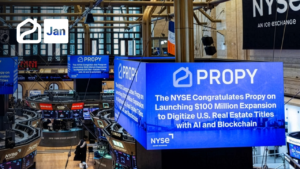
According to a recent study by the National Association of Realtors, foreign investors are losing interest in U.S. commercial real estate. NAR estimated that there were $4.8 billion in commercial transactions with foreign clients in 2018, down from $6.7 billion in 2017 and $7.8 billion in 2016.
Small-Cap Clients Are Shying Away from U.S. Commercial Real Estate, While Mid to Large Cap Clients Are Interested
Most realtors who specialize in commercial real estate manage transactions of $2.5 million or less. These deals are frequently located in secondary and tertiary markets. The typical investor profiled by the NAR had less capital to spend and less margin for error than larger investors, whose interest in U.S. commercial real estate increased.
Meanwhile, mid to large cap acquisitions of commercial properties and portfolios that were $2.5 million or more totaled $94.9 billion in 2018. For perspective, it is up 72% from 2017 levels. If large foreign investors are so interested in U.S. commercial property, why are small-cap clients shying away? It may have to do with factors beyond price. Along with the inability to find a property, realtors’ clients cited property costs and exchange rate changes (36%), difficulty moving money out of the country (22%), tax-related issues (22%), and difficulty obtaining financing (9%) as some of the major reasons to return to the sidelines.
The Cost of Cross-Border Transactions
The way cross-border transactions are currently conducted, the survey results are not surprising. Higher real estate prices may be squeezing out small-cap foreign investors who can no longer afford the cost of cross-border transactions. However, blockchain initiatives are underway and should make transacting considerably easier for foreigners, especially those who cannot afford a million-dollar legal team.
Propy’s system leverages blockchain technology to enable parties to complete their entire transaction virtually. It includes everything from browsing local and international listings, to uploading and signing documents, to recording the deed. Besides fiat, payment can be made in cryptocurrency like Bitcoin, which eliminates the hassle of timing transactions around fluctuations in exchange rates.






